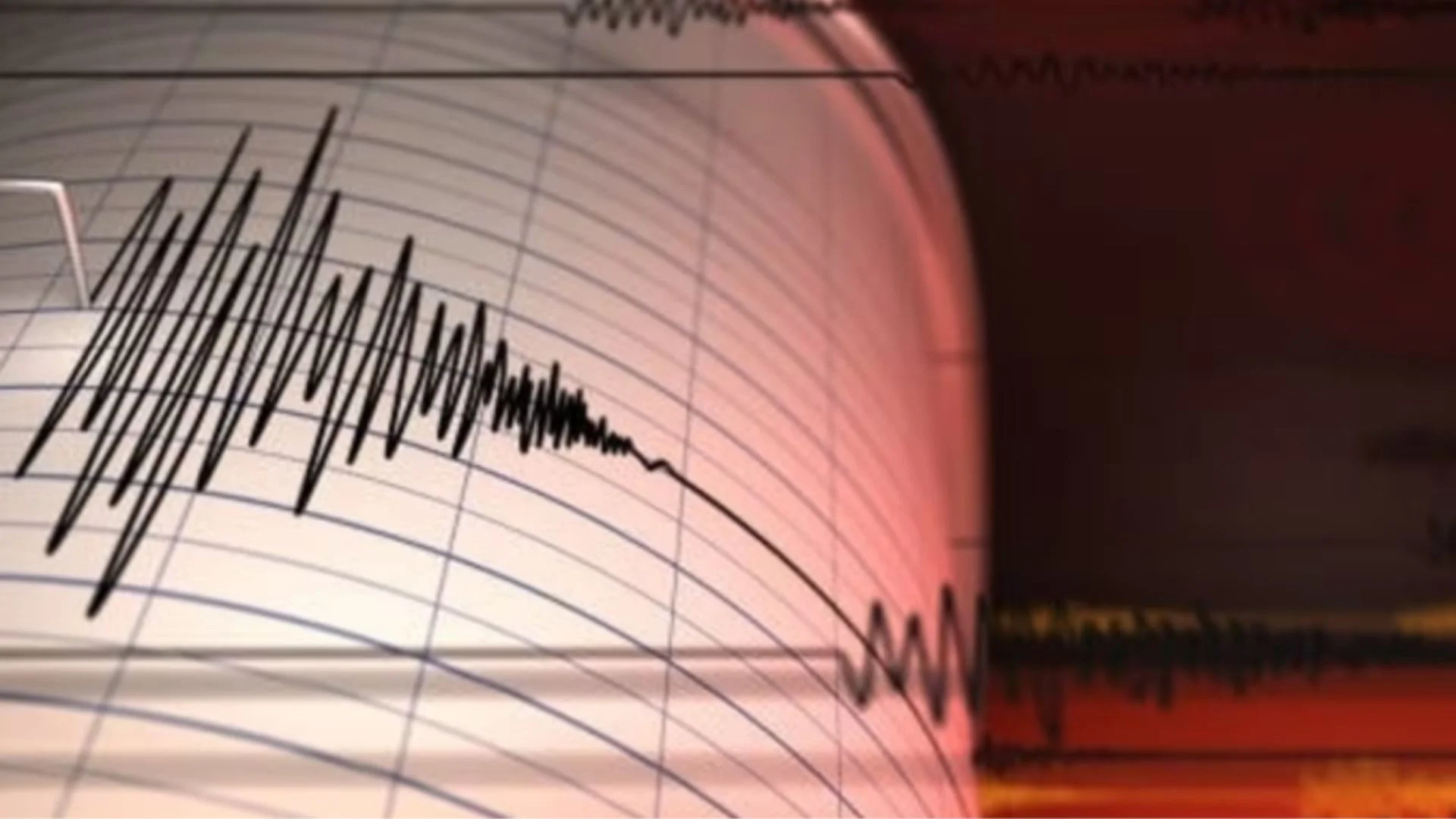The Kerala High Court in the case observed and has held that the absence of a test identification parade, does not necessarily invalidate identification of an accused in court.
The bench headed by Single judge of Justice Bechu Kurian Thomas in the case observed and has held that the object of a test identification parade is to test and ascertain the trustworthiness of the evidence regarding the identification of the accused and the test identification parade is only a rule of prudence. The same is being intended to be a measure of corroboration of the identification of the accused by the witnesses in court, especially when the accused are strangers. Therefore, if the ocular evidence and the identification of the accused by the witnesses in court are impressive, nothing is restricted by the court from relying upon the said identification, as the accused is being recognised in court is the substantive evidence, while test identification parade is not evidence of that character.
The said matter pertains to a man who is booked under Sections 394 (Voluntarily causing hurt in committing robbery) and 450 (house trespass in order for committing an offense punishable with life) of the Indian Penal Code, 1860 for breaking into a house and injuring three persons in an attempt for committing theft. Thus, the said accused was also being pronounced guilty by the Sessions Judge and this conviction which was challenged by the accused in an appeal. It being the case of the accused that there being no prior acquaintance with the accused, it was necessary to conduct a test identification parade, and the identification made in court after a four-year lapse which the court could not be relied on.
The Public Prosecutor also opposed this as according to him the evidence of the three witnesses is “very categoric” and the same leaves no room for doubt on the identity of the accused. It has been observed by the court that the test identification parade is not law and it not being a rule of prudence and nothing can stop the court from relying on the evidence of the witnesses in the said court. Accordingly, the said court affirmed the decision of the Sessions Judge noted that the identification of the accused in this case was reliable and that the lack of test identification parade would not put its veracity into
question.
















